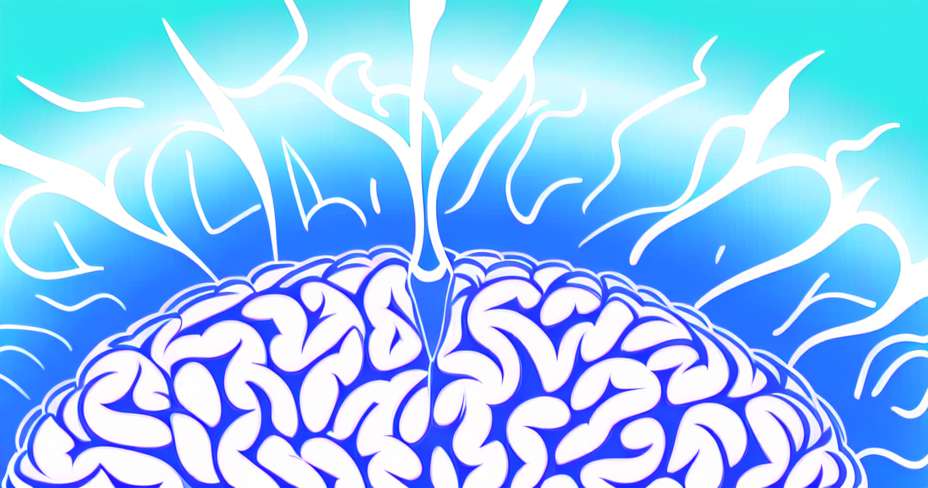Deadly rhythm
April 2024

British scientists discovered a protein responsible for ensuring the transport of electrical signals to nerve fibers that are responsible for transmitting messages to brain , publishes the scientific journal Neuron
Identify this type of fundamental proteins for the beginning of the brain impulses , is very important to understand disorders such as epilepsy, dementia, multiple sclerosis, cerebral infarctions, among others neurological disorders where the neuronal signals do not manage to send or receive messages.
The Dr. Matthew Nola, from the University of Edinburgh, said in a press release that the brain It constantly transmits thousands and thousands of messages to the nerve fibers, between the cells of the brain and the parts of the body.
The brain cells or neurons communicate with each other by means of Electric impulses . To have the impulses correctly send the message they have to "turn on and off" at the right moment, have the correct voltage, amplitude and frequency, and maintain the strength of the signal from the beginning to the end of the process.
Science knows that a section of the neuron called initial segment of the axon, it is fundamental at the moment of the generation and propagation of the electrical impulse. It is known how it is built, but it is not known how it is stable.
What Dr. Nolan and his team discovered was that in initial segments of the axons and the nodes of Ranvier (interruption that occurs along the length of the axon in the myelin sheath that surrounds it) are assembled by different mechanisms, and that a neuronal protein called Neurofascin or Nfasc 186, stops the collapse of the initial segment of the axon and keeps it stable.
The study proposes within its conclusions that the Nfasc 186, optimizes communication between mature neurons by anchoring key elements in the complex system of initial segments of axons.
Source: Medical News Today